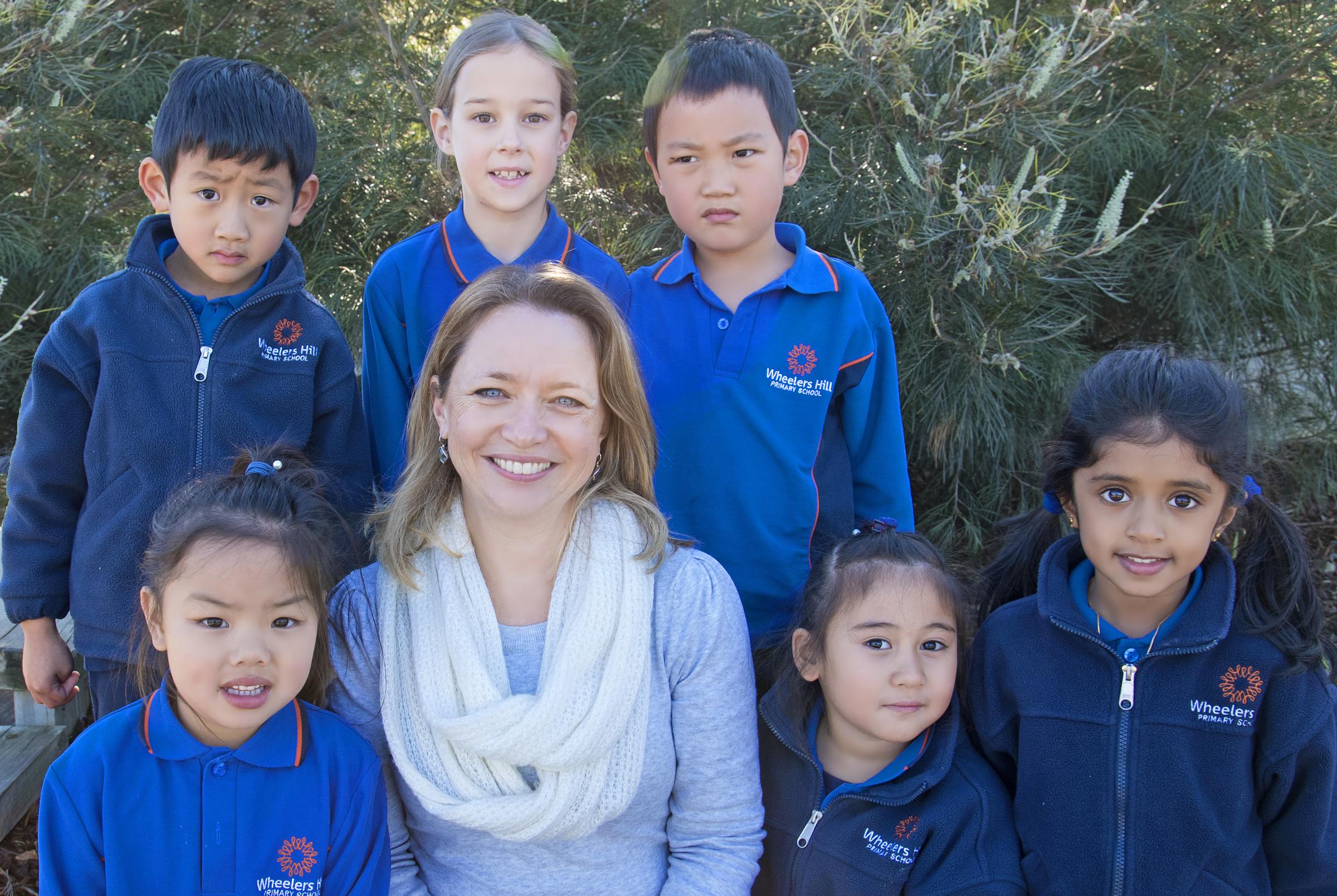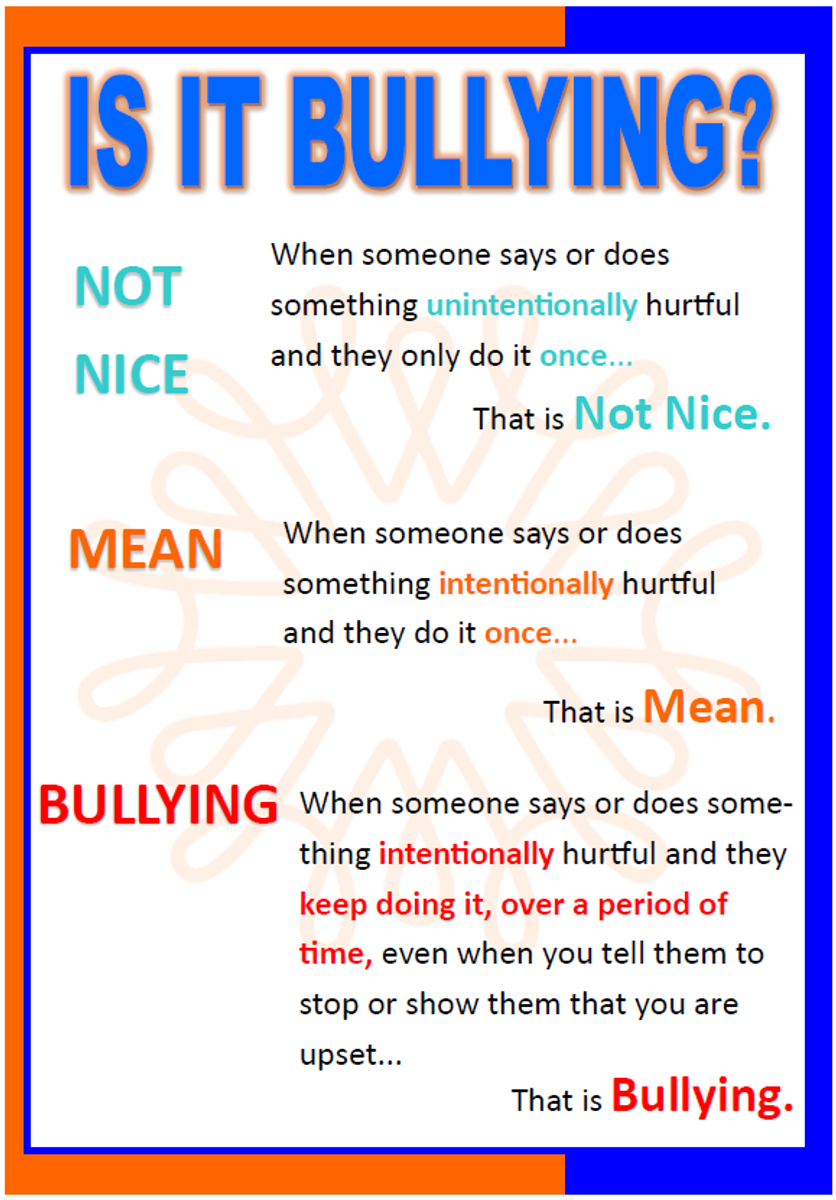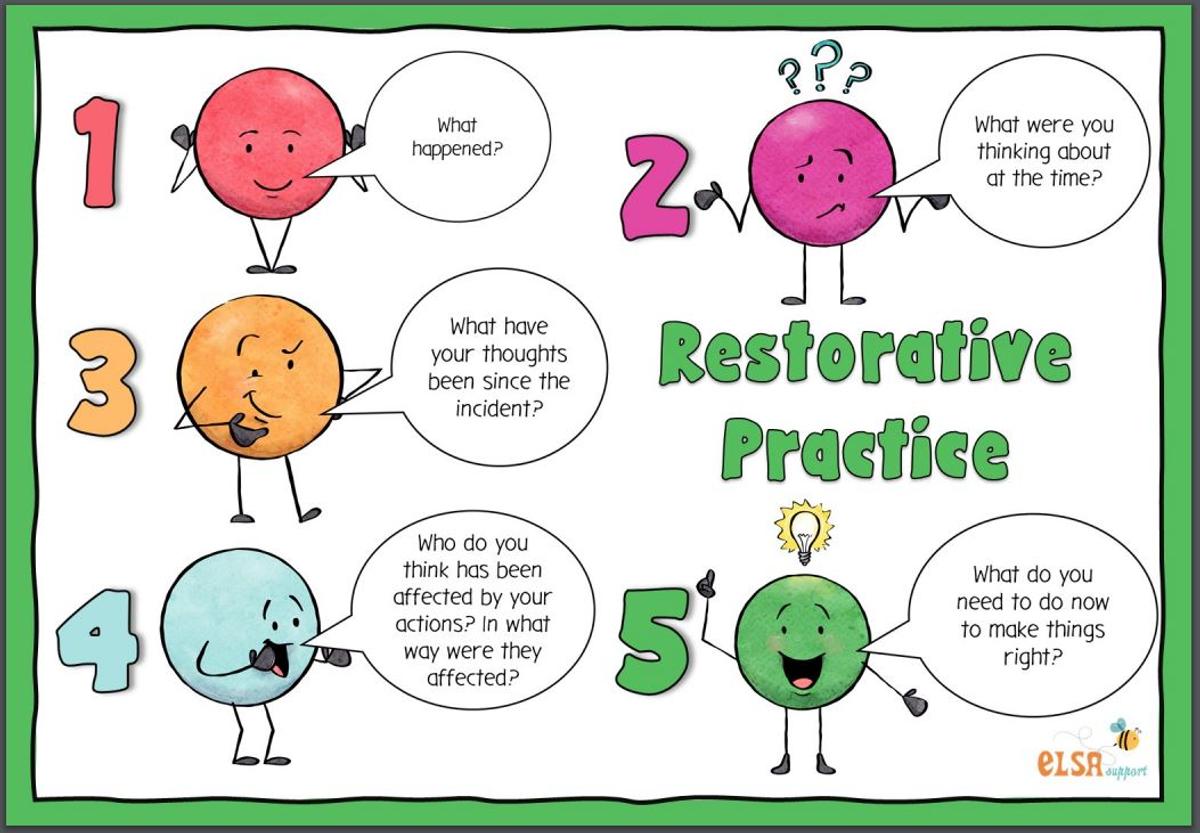Assistant Principal's Report Katrina Spicer - Wellbeing

24th February 2023
UNWELL STUDENTS
There have been quite a few cases of gastro in the school this week, with students experiencing headaches, tummy aches, diarrhoea and vomiting. Please note that students should not attend school if they are feeling unwell, and students should stay home for at least 24 hours since they last vomited. This is to avoid germs being passed on to other students. Thank you for your support with this.
IS IT BULLYING?
The word 'bully' is a powerful word that evokes images of harmful intent, power imbalance, fear and intimidation. This word is sometimes used by students and families when students have experienced unpleasant experiences at school.
The Merriam Webster dictionary definition of this word is: 'one who is habitually cruel, insulting, or threatening to others who are weaker, smaller, or in some way vulnerable.'
At WHPS we have clear, consistent messaging about what constitutes bullying. We teach our students that one unpleasant experience does not meet the definition of bullying, and that this behaviour could be described as 'Not Nice' or 'Mean'. Bullying is ongoing, targeted hurtful behaviour.
This poster is on display in every classroom and is used by teachers to assist with resolving playground and social issues. Having clear, consistent language around inappropriate behaviour helps our students to understand their own and other students' behaviour and assists school staff to manage such behaviours.
RESTORATIVE PRACTICES
As our students develop their social skills, inevitably some students will make mistakes, behaving in ways that are hurtful or harmful to others. When mistakes like this occur at WHPS, we use a restorative approach to help heal the harm done and set things right.
A restorative approach differs from more punitive approaches to behaviour management, in that we focus on the harm done, and what must happen to set things right. Behaviour mistakes are managed in terms of how others have been affected and we aim to bring about a sense of remorse and restorative action on the part of the 'offender', and forgiveness by the 'victim'.
Research shows that a restorative approach to behavioural mistakes results in more lasting behavioural change than authoritarian measures, and improved relationships between those who harm, and those who have been harmed.
A typical restorative chat would involve all concerned parties. Everybody has the opportunity to explain their side of the story, and those affected are able to say how they would like the situation to be resolved. Usually, children simply ask for an apology and sometimes, if they are not feeling safe around someone, they might ask for the 'offender' to be withdrawn from the playground. 'Offenders' are induced to feel remorse and empathy for those affected, and we aim to mend broken relationships.
Staff members who run restorative chats will follow a set structure or script, to guide the discussion. The majority of behaviour mistakes at WHPS are managed through this restorative process.
A restorative approach may not be appropriate for significant, major incidents. In such cases, students will be referred immediately to school leadership.
Katrina Spicer
Assistant Principal - Wellbeing
katrina.spicer@education.vic.gov.au
In previous years' newsletters, I have included parenting articles from Parenting Ideas, which was founded by parenting expert Michael Grose. Upon Michael's retirement last year, Parenting Ideas has been taken over by Happy Families, which is run by another parenting expert, Dr Justin Coulson.
Our school subscription to Happy Families allows access to the Happy Families website to all members of our school community.
Families can access the Happy Families website at: https://schools.happyfamilies.com.au/login/whps
Password: happywhps
HAPPY FAMILIES - INSIGHTS
SCHOOL BELONGING STARTS AT HOME
By Dr Kelly-Ann Allen
Belonging is a hot topic right now. It’s on posters and internet memes, with some schools making it their number one priority. A sense of belonging at school has been linked to better grades, improved physical and mental health, and positive outcomes for future education or employment. But what does school belonging mean and what steps can you, as a parent, take to encourage it?
Most children first begin to form bonds of belonging with their family circle. As they grow up, their social connections expand beyond the household. Naturally, since kids spend a significant portion of their days at school, the school becomes a key environment to form connections and experience feelings of belonging.
Benefits of school belonging
School belonging is ‘the extent to which students feel personally accepted, respected, included, and supported by others in the school social environment.’ Multiple supports (teachers, parents, peers, etc.) come together to encourage school belonging.
When kids feel like they belong at school, they enjoy greater overall wellbeing, improved academic achievements, better physical and mental health, and increased self-esteem. They behave better, are kinder, and participate more in classroom and extracurricular activities when they feel connected to their schools. School belonging can also have the potential to prevent negative outcomes such as school dropout, low academic achievement, low self-esteem, behavioural issues, and feelings of anxiety and loneliness.
Sound good? How can we create a stronger feeling that our kids ‘belong’ at school?
Offer academic support and encouragement
In a 2007 study of American middle school girls, Pauline Garcia-Reid found that parental support is directly related to school engagement. That’s important because school engagement (e.g., participation in class or extracurriculars) increases school belonging The students in Garcia-Reid’s study who reported higher levels of supportive parental behaviours were more positively engaged in school.
So, let’s stop the psychobabble and focus on how we do this: The researchers said it’s by having regular conversations about school, classes your kid is taking, and plans for the future. These conversations can help nurture a desire to engage and achieve at school and inspire plans for higher education. Pretty simple, right?
Get involved
Research shows involvement is important – but not the controlling kind. Instead, we are going to help build belonging best when we are supportive.
What does this mean? Show up to school activities. Take opportunities to provide input in educational decisions. Other examples of at-home involvement include encouraging education conversations and being across schoolwork more generally.
A lot of parents check out of being involved as their children mature. This might not be so helpful., Research suggests that parental school involvement is just as important during the middle and later years of education as it is for younger years. Of course, that may be easier said than done. As teens gain more independence and busy schedules get in the way, it is typical for parents to step back from school involvement. But remember – school involvement comes in many forms. Small steps, like attending a parent evening or getting in touch with a teacher, can still go a long way for your kid’s engagement and performance in school.
Form close family relationships
Positive family relationships incorporate all the strategies we have explored so far. Supportive behaviour, encouraging communication, and active involvement in your kid’s life – at school and beyond – all contribute to a strong relationship.
Close family relationships may not seem especially relevant to education. However, research shows that family relationships directly affect school connectedness and academic performance.
At the end of the day, it’s about being there for your kids. When kids feel like they can come to you for support and advice in their everyday lives, that feeling will extend to support for school. A sense of belonging at home, in the community, and at school can do wonders for your kid’s academic engagement and achievement.
Most of us take the first steps to a healthy sense of belonging at home, closely followed by school. Although we continue to form our sense of belonging throughout our lives, school belonging plays a crucial role in kids’ development and motivation to belong moving forward. Teachers, educational policymakers and parents all have a role to play in encouraging school belonging.
UPCOMING LIVE WEBINAR RESOURCES
Getting into the Learning Zone
with James Anderson
Monday 27 March
https://schools.happyfamilies.com.au/getting-into-the-learning-zone/ *Note that the link will only work if you are already signed into your school’s page
How does your child approach challenges? Do they often take the easiest option? Do they sometimes give up when learning starts to get’s tough? Do they dislike the struggle that comes with learning something challenging?
Our relationship with challenge is one of the key elements of Learnership – the skill of learning. In this insightful and powerful session, James Anderson will show you how you can help your child develop a strong positive relationship with challenge. He’ll show you the practical strategies you can use at home and in school to put your child on path towards embracing challenges and becoming a skilful learner. He’ll show you how to get your child into their Learning Zone.
Follow this link to the 'Support for Parents and Families' page on our school website.
https://www.wheelershillps.vic.edu.au/support-for-families
Below is a list of support agencies and links to their websites
Kids Helpline | 1800 55 1800 | visit website
Beyondblue | 1300 22 4636 | visit website
Headspace | visit website
BiteBack | visit website
Headspace | COVID specific resources | visit website
Brave online | free online anxiety program | visit website






